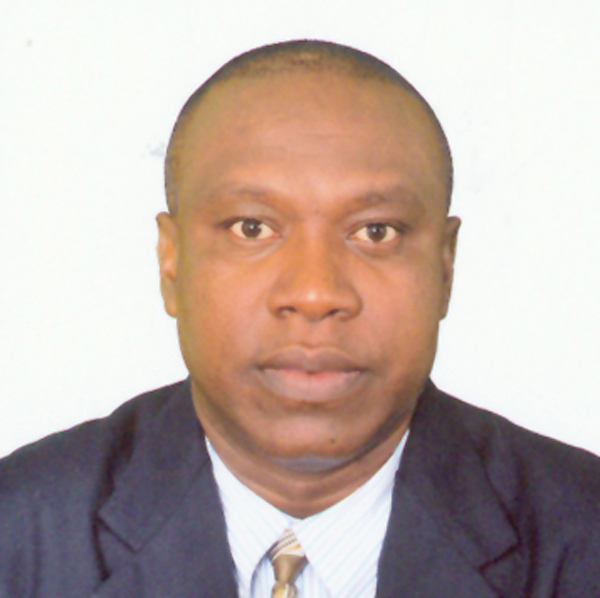Former President of the Guyana Football Federation (GFF) Christopher Matthias has criticised the overall performance of the team under the stewardship of head-coach Marcio Maximo following their recent failures in the 2022 FIFA World and 2021 Gold Cups respectively.
In an exclusive interview with Stabroek Sport, Matthias aired his views on the team’s performance. “Save for the game against Guatemala, the team’s performance reflected the absence of an understanding of the role and responsibility of each player on the field of play, offensively as well as defensively. There appeared to be no chemistry among the players.”
The Golden Jaguars were dumped out of the 2022 FIFA World Cup Qualifiers, after concluding the group campaign with a record of three losses and a win. Guyana lost to Trinidad and Tobago (4-0), St. Kitts and Nevis (3-0), and Puerto Rico (2-0), with their only victory occurring against The Bahamas (4-0).
Similarly, the Guyanese suffered an embarrassing defeat to Guatemala (4-0) in the first round of the Gold Cup playoffs. Under the stewardship of Maximo, Guyana’s record stands at four wins, six losses and a draw, of which four losses have occurred in their last five fixtures.
The experienced sport administrator declared that football development is viewed differently by various individuals, adding that a coach’s tenure should be tied to his expected mandate and objectives as specified by the GFF.
“The term ‘football development’ means different things to various individuals. For some it’s the national team’s advancement in FIFA’s rankings almost immediately while for others it’s a comprehensive national policy and program of football education from the grassroots level, inclusive of the coaches. If the coach was given as his mandate the former, then he has failed miserably and should be relieved of his responsibilities. If it’s the latter, then the call for his removal may be too early,” he explained.
Asked about the GFF’s decision to enact a transition policy during international play, he responded, “Since no one is going to remain young forever, there ought to be a policy of transitioning in any football team. A genuine leader understands that. For the above stated reason, the senior players are expected to understand that they have the responsibility of mentoring the younger players of the team. Thus there ought to be an appreciation for a properly structured system of transitioning.”
According to Matthias, due to the dearth of local tournaments and leagues, the composition of the national program was unable to feature a cadre of experienced players who were match-ready following participation in their respective championships.
“In the absence of a national league or local competitions which would have allowed the players the much needed practice for such an important tournament, the team should have been comprised of those players who were more experienced and were match ready as a result of their continued participation in their respective domestic leagues,” he pointed out.
Questioned on what the emphasis or objective should be for the federation going forward with regards to local content policy and development, Matthias affirmed, “Every year FIFA sends finance for the development of the local content of football of each member association. Regrettably, most of FIFA’s largesse is not enjoyed by the intended beneficiaries. As a result there is the absence of an adequately funded local content policy and program from the U13, U15, U17, U19 and U21, for the development of football. This ought not to be the case.”






